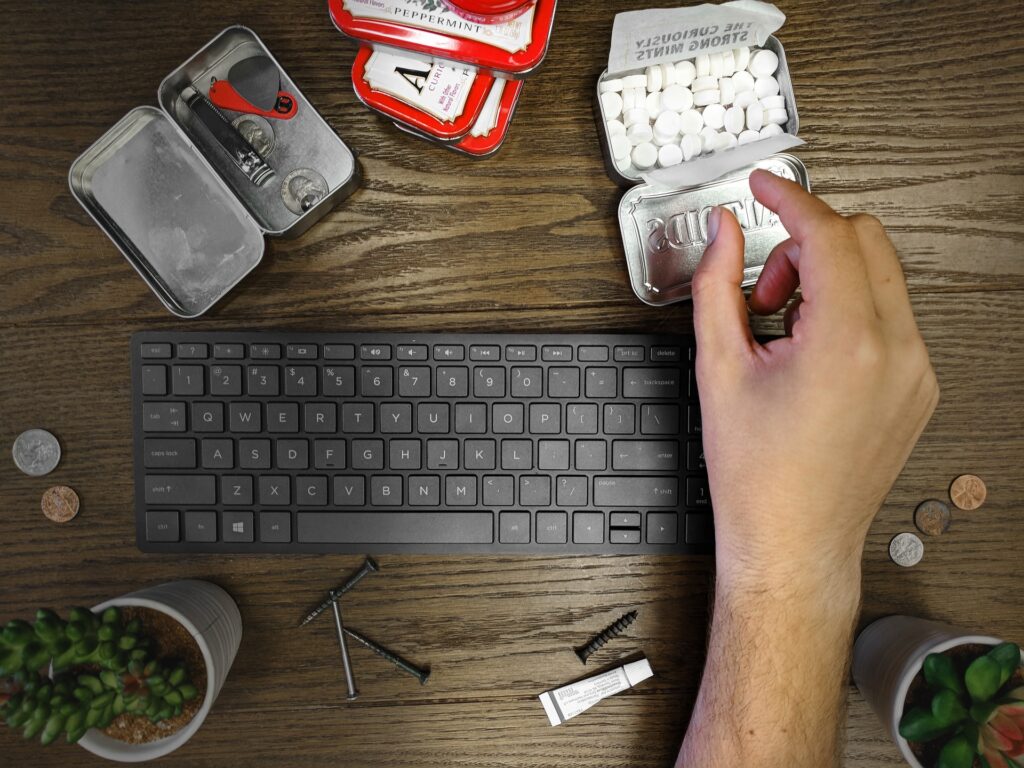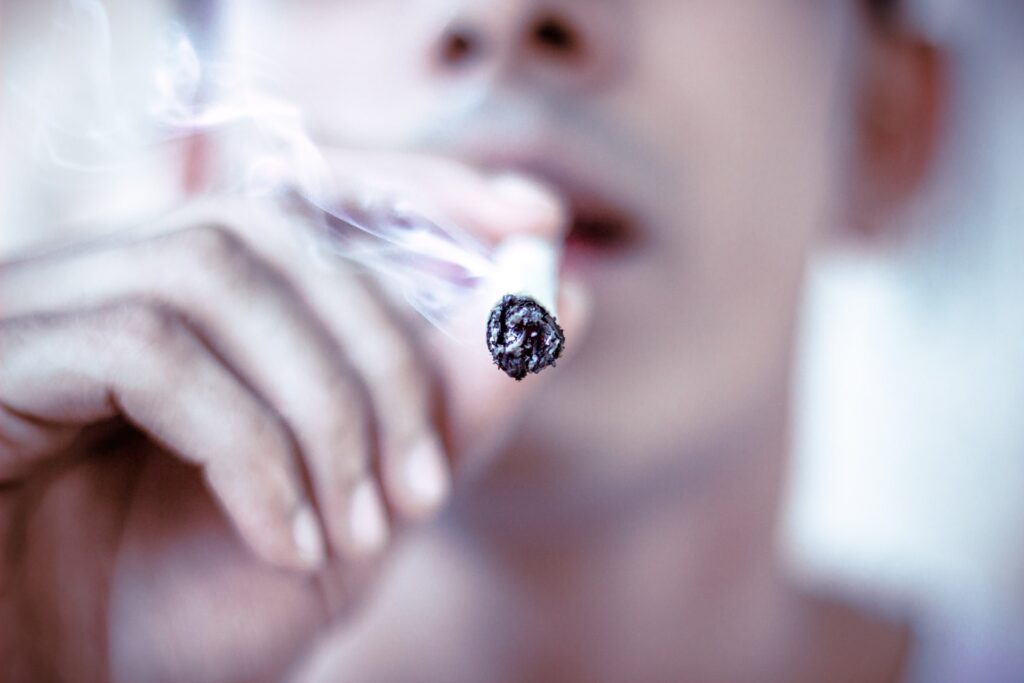
If you have bad breath and are wondering why other people don’t have it, it is a good idea to check your habits. There are certain things that contribute to bad breath smell; your everyday habits can add to your smelly breath without you knowing. We’ll look at what causes bad breath even after brushing.
What causes bad breath?
What causes bad breath you may ask? Starting with waking up, the morning breath smells really bad. You know and everyone else knows. This is inevitable and everyone has to deal with it.
In the morning, you need to take care of proper oral hygiene. Start your day properly and brush your teeth, this will eliminate the bacteria that may have built up while you sleep.
Drinking eight glasses of water a day not only makes your body better, but your breath as well. Dry mouth can certainly cause bad breath, so always keep your mouth moisturized so it doesn’t induce bacteria to grow in your mouth. If you notice that you still have bad breath even after brushing then you may want to take these into consideration.
Reduce your garlic and onion intake. You’ve always been told this popular tip, but you still eat the delicious pizza or burger full of onions and garlic. There are other foods that contribute to bad breath too, so stay away from them or let people stay away from you.
Smoking does cause bad breath
Smoking does cause bad breath. Picture the smell of smoke stuck in your mouth. It’s not enjoyable, is it? This is one of the causes of bad breath that can really put people off. Smoke residue can build up in teeth, gums and tongue, which can lead to serious bad breath.
Bad oral hygiene, be sure to always brush your teeth, especially after eating candy. Sugar can lead to tooth decay, which is the perfect environment for bacteria. So make sure you have proper oral hygiene to reduce the bacterial growth in your mouth and say bye bye to bad breath.
Having bad breath or halitosis is embarrassing, but it can also be an indication of problems that your dentist should investigate. You may have tooth decay or develop gingivitis or periodontal disease caused by the buildup of plaque on your teeth and toxins from bacteria. Untreated gum disease can damage the gums and the jawbone.
In addition, bad breath can be caused by a number of other factors, including the food you eat, bad dental health habits, unclean lifestyle, dry mouth, surgical wounds left after oral surgery, post-nasal drip, acid reflux, tooth decay, problems with stomach, pneumonia, bronchitis , chronic sinus infections, diabetes, or liver or kidney problems.
What foods can cause bad breath?
1. As food is digested and absorbed into your bloodstream, it is transported to your lungs and excreted with your breath. If you eat foods like onions, garlic, spicy foods, cheeses, fish, and acidic drinks, the strong odor won’t go away completely until after the food has gone through your body.
2. What causes bad breath even after brushing? If you have bad habits for dental health, for example, if you do not brush your teeth and floss daily or do not clean dentures properly, food particles can remain in your mouth. This encourages bacterial growth around the gums, on the tongue and between the teeth.

3. Habits such as smoking or chewing tobacco can not only cause bad breath, but can also discolor teeth, irritate gums and impair the ability to taste food properly.
Dry mouth and bad breath
4. Dry mouth (xerostomia) can be caused by some medications such as antihistamines and diuretics and insulin injections, breathing through the mouth, or problems with the salivary gland.
Saliva is very necessary to moisten the mouth, neutralize acids, and wash away the dead cells. When the flow of saliva decreases, which occurs naturally while sleeping with your mouth open, the cells break down and can cause bad breath.
How to get rid of bad breath permanently
Bad breath prevention is the most popular way to deal with this predicament and it is recommended that you do a thorough examination and cleaning in your dental office, and find out the best oral hygiene at home, which may include:
1. Brush your teeth and tongue after every meal, including at work. Use a soft-bristled toothbrush and change the toothbrush about every three to four months.
2. Use dental floss daily to remove food debris and plaque in between teeth.
3. Drinking a lot of water, chewing sugar-free gum, or sucking on sugarless mints or candies can stimulate saliva production. However, these mints or candy or even mouthwash can only temporarily mask bad breath.
4. Avoid food that stick and sugary foods.
5. Use a special antibacterial toothpaste and / or conditioner that kill plaque-causing bacteria and / or an artificial saliva preparation or oral medication that stimulates saliva.
General practitioners and cosmetic dentists can help determine what is causing your bad breath and advise you on the best methods to resolve this problem.
If you liked the article, please donate!
Article Source: http://EzineArticles.com/2374377
Article Source: http://EzineArticles.com/8754389
